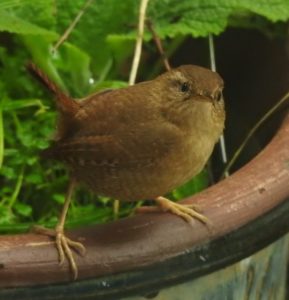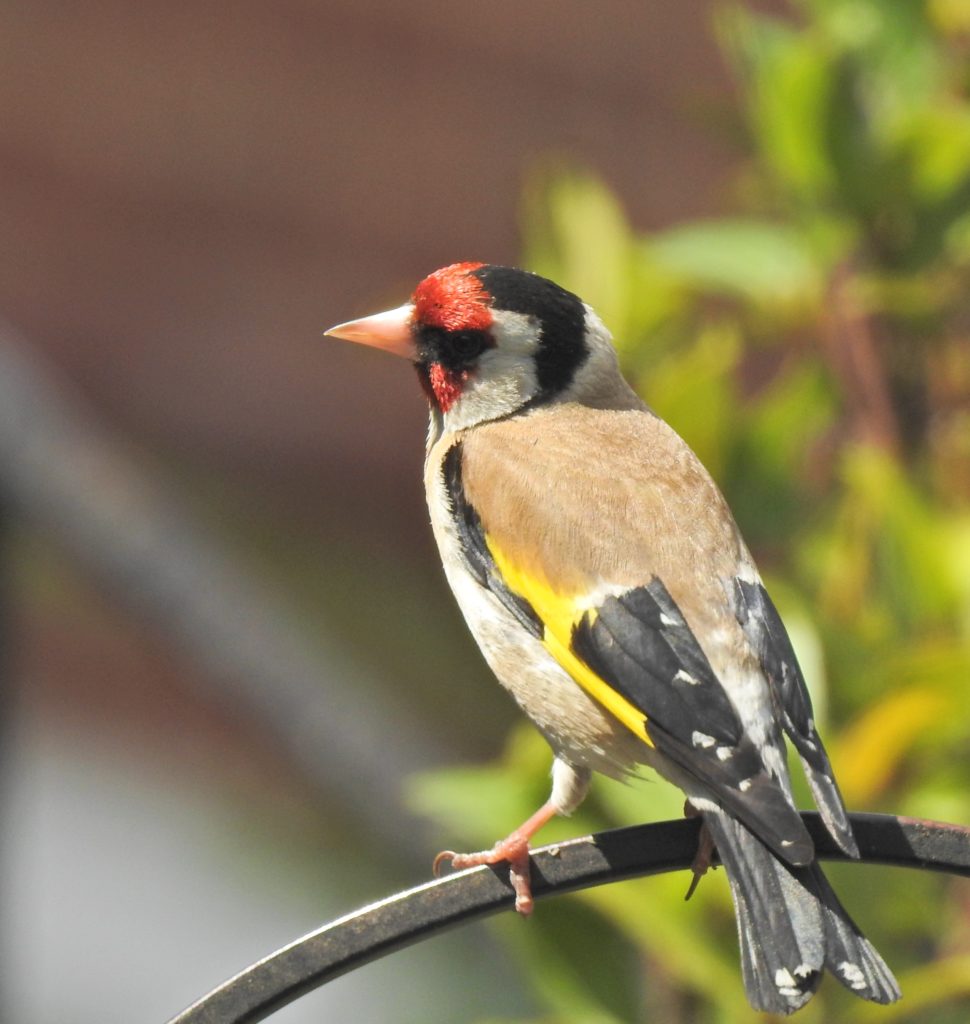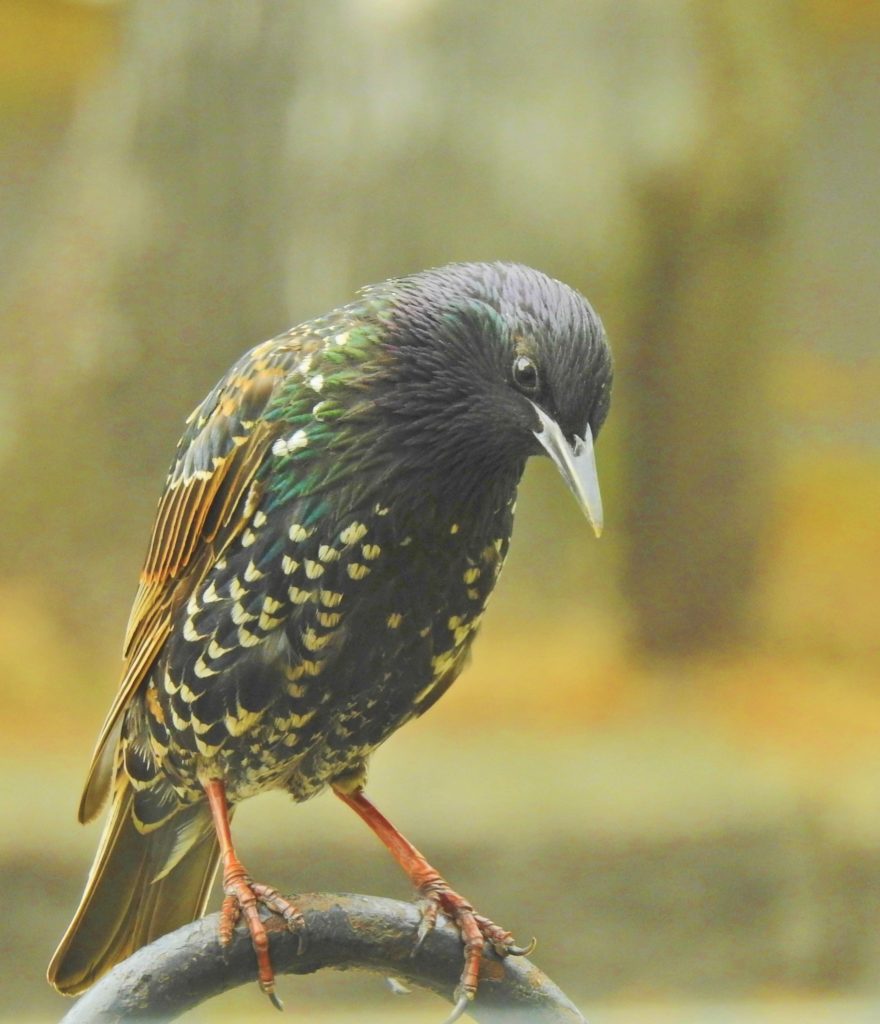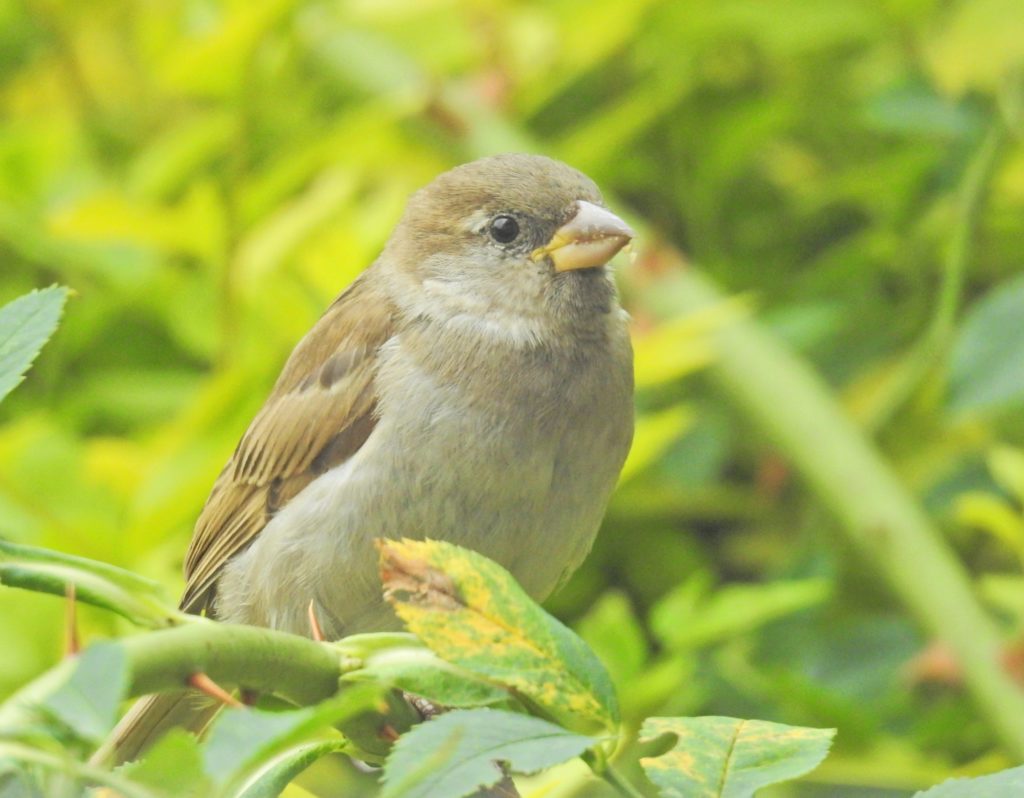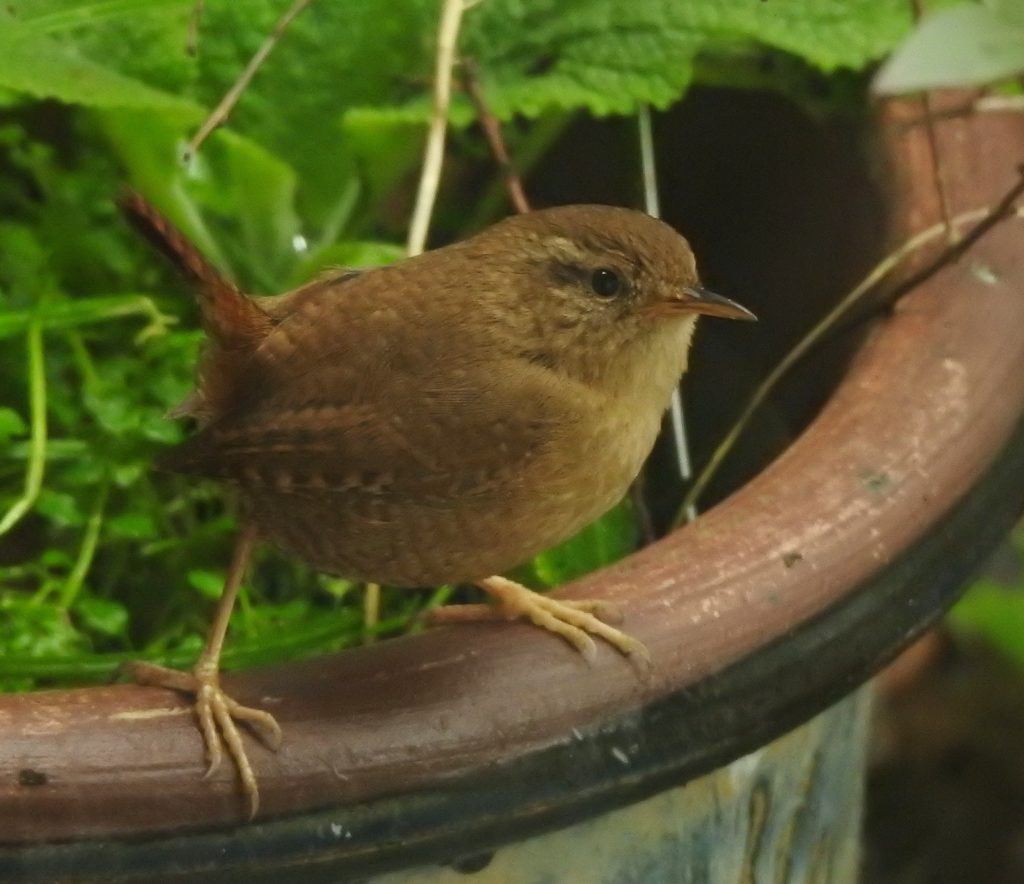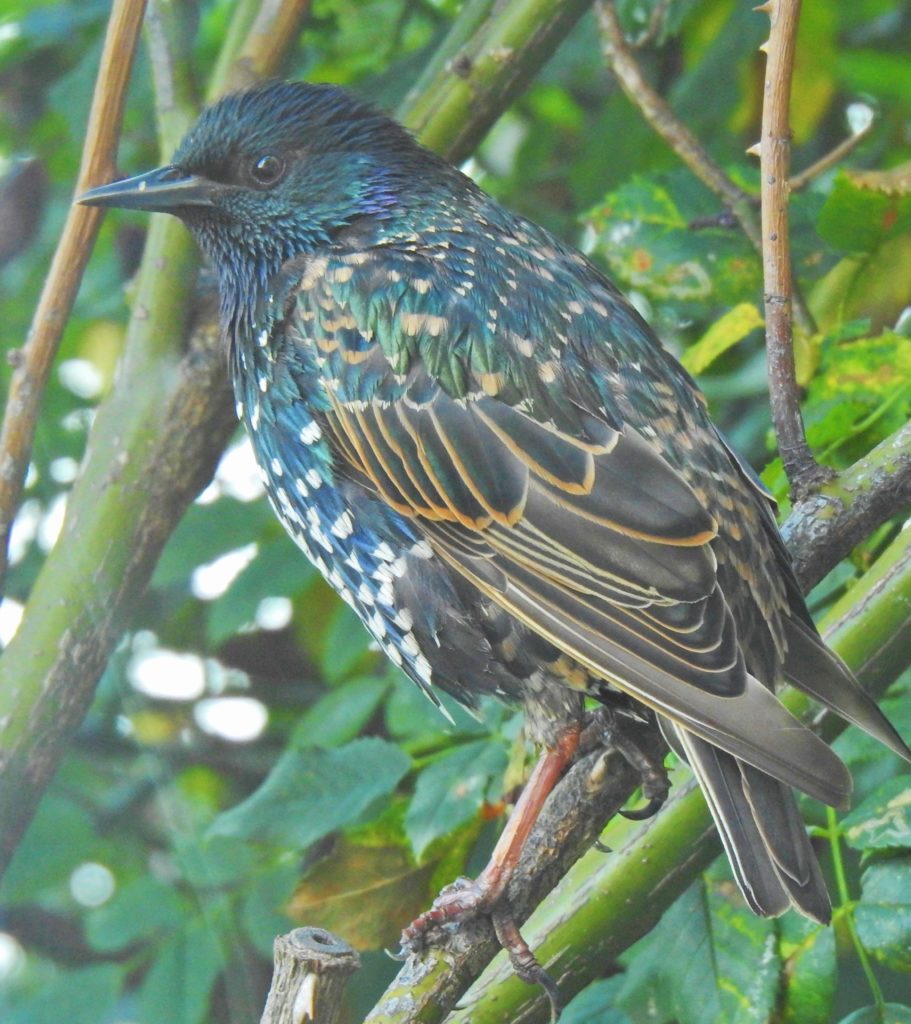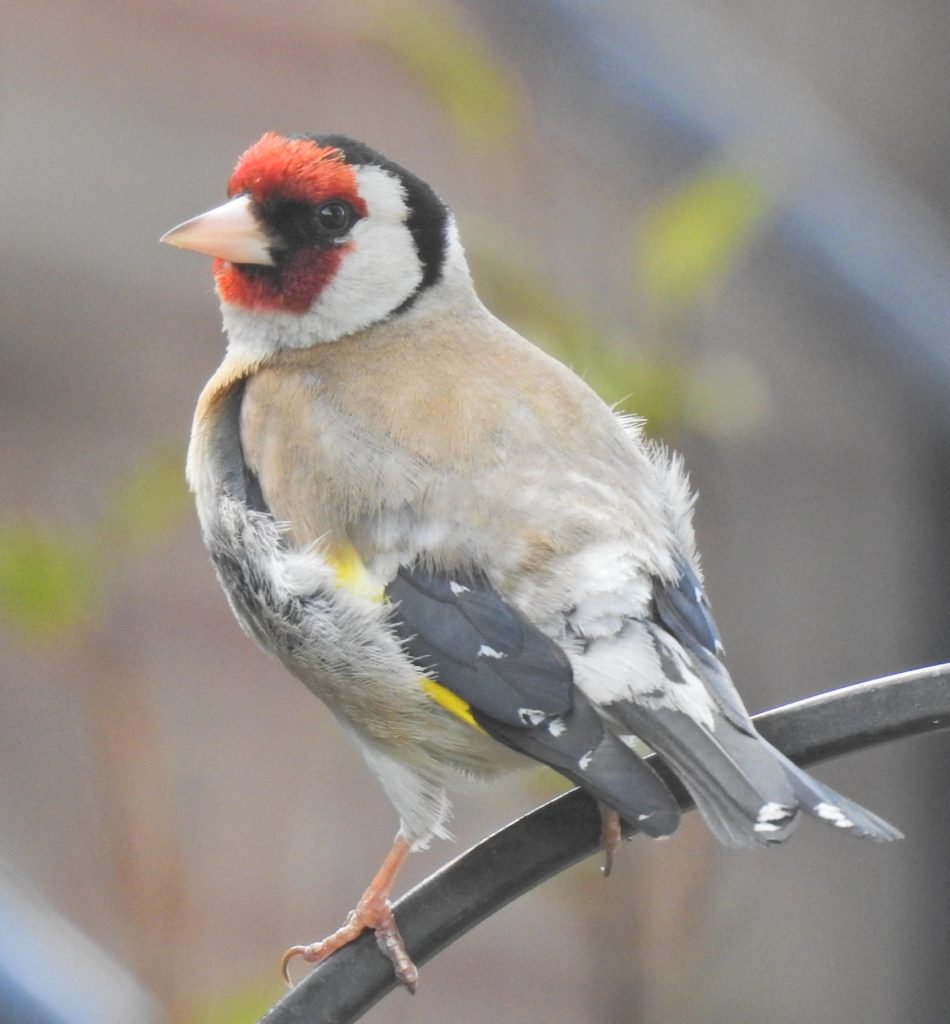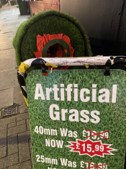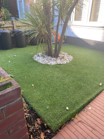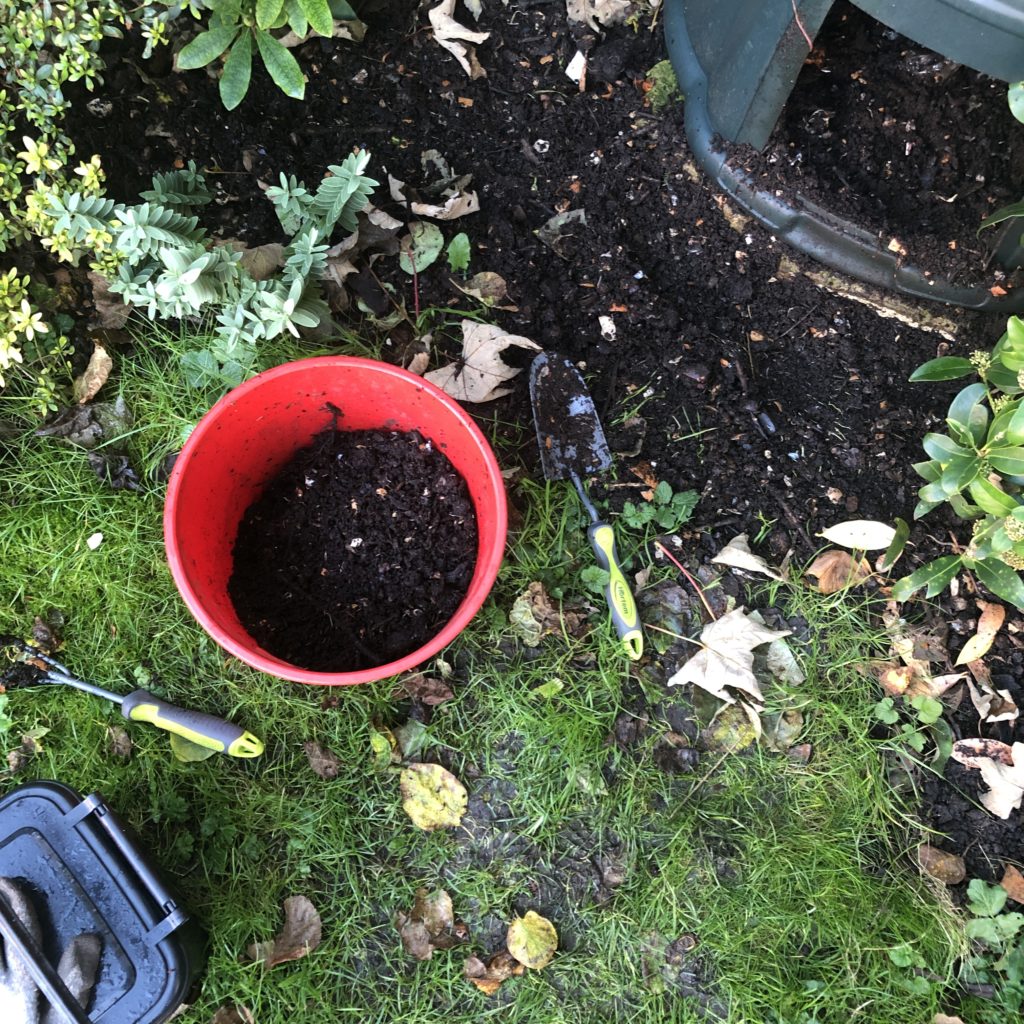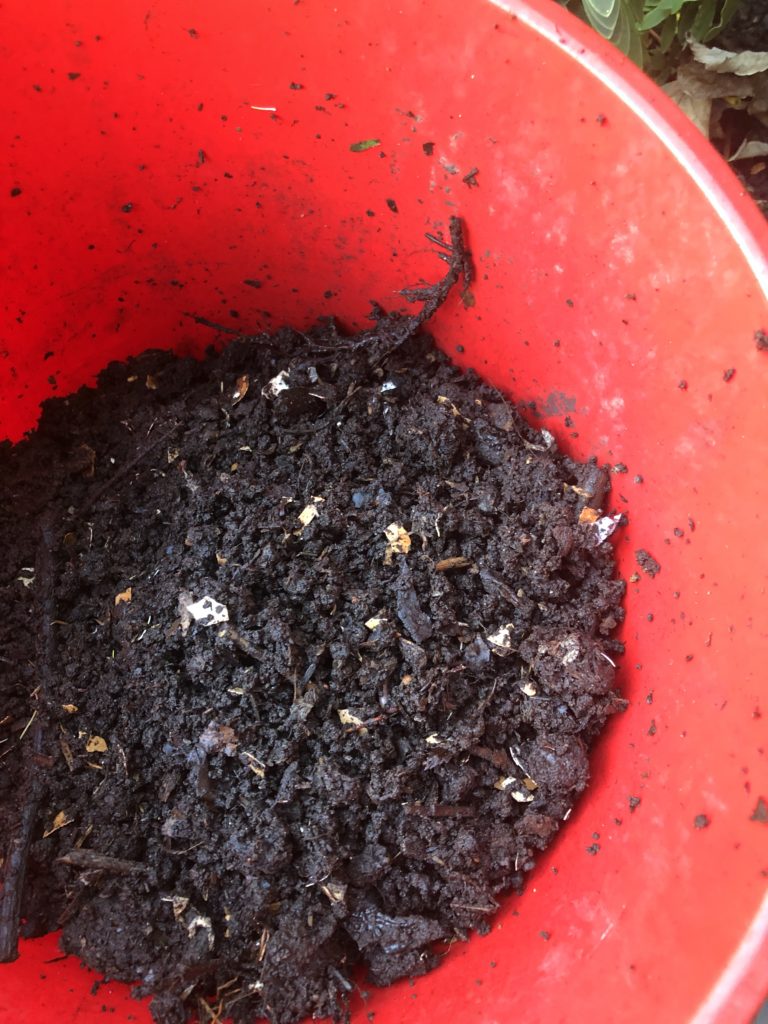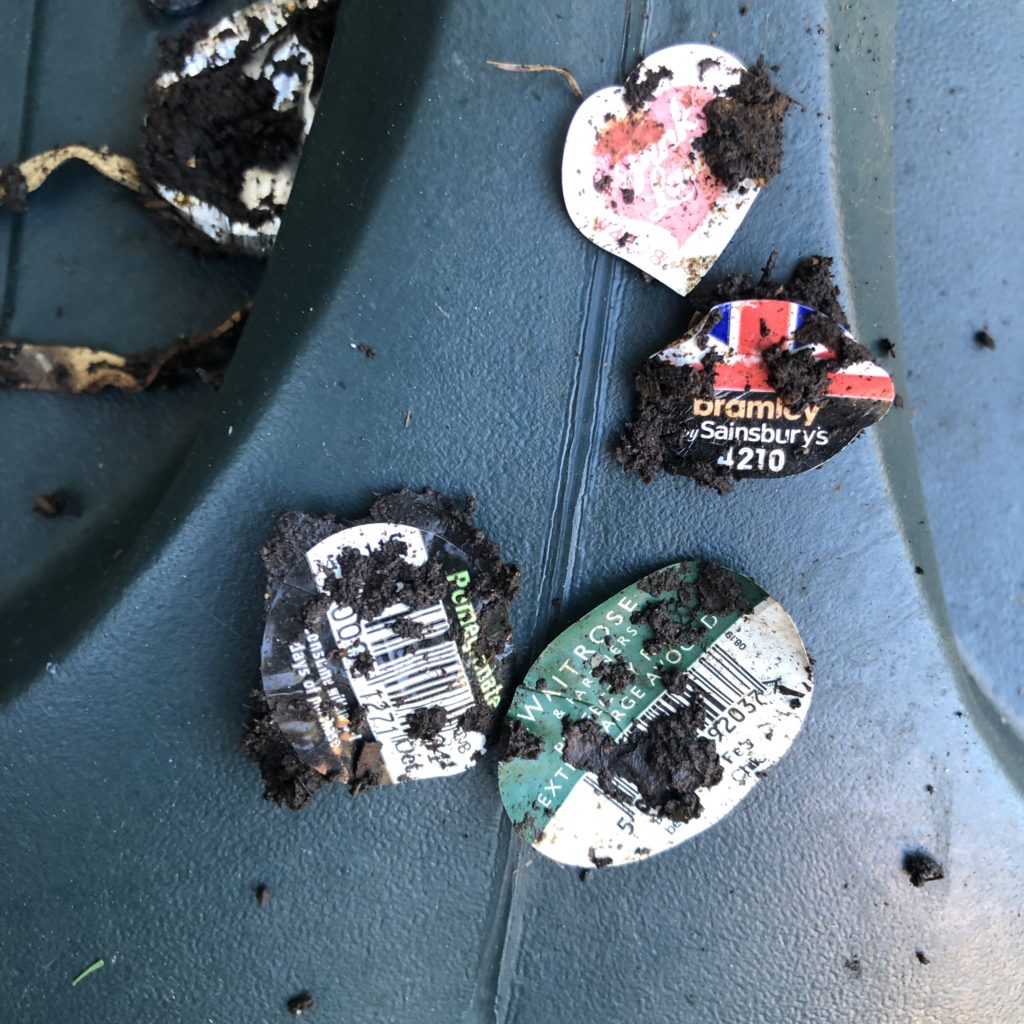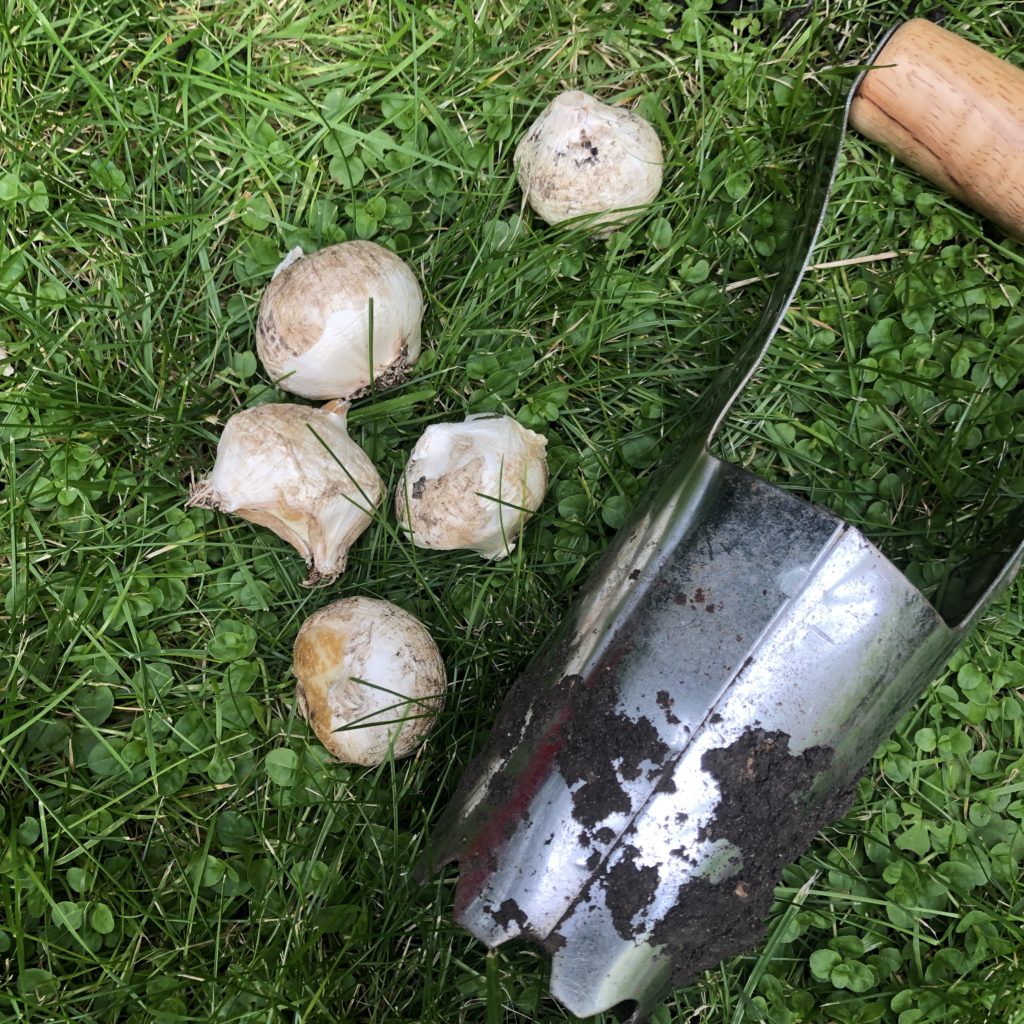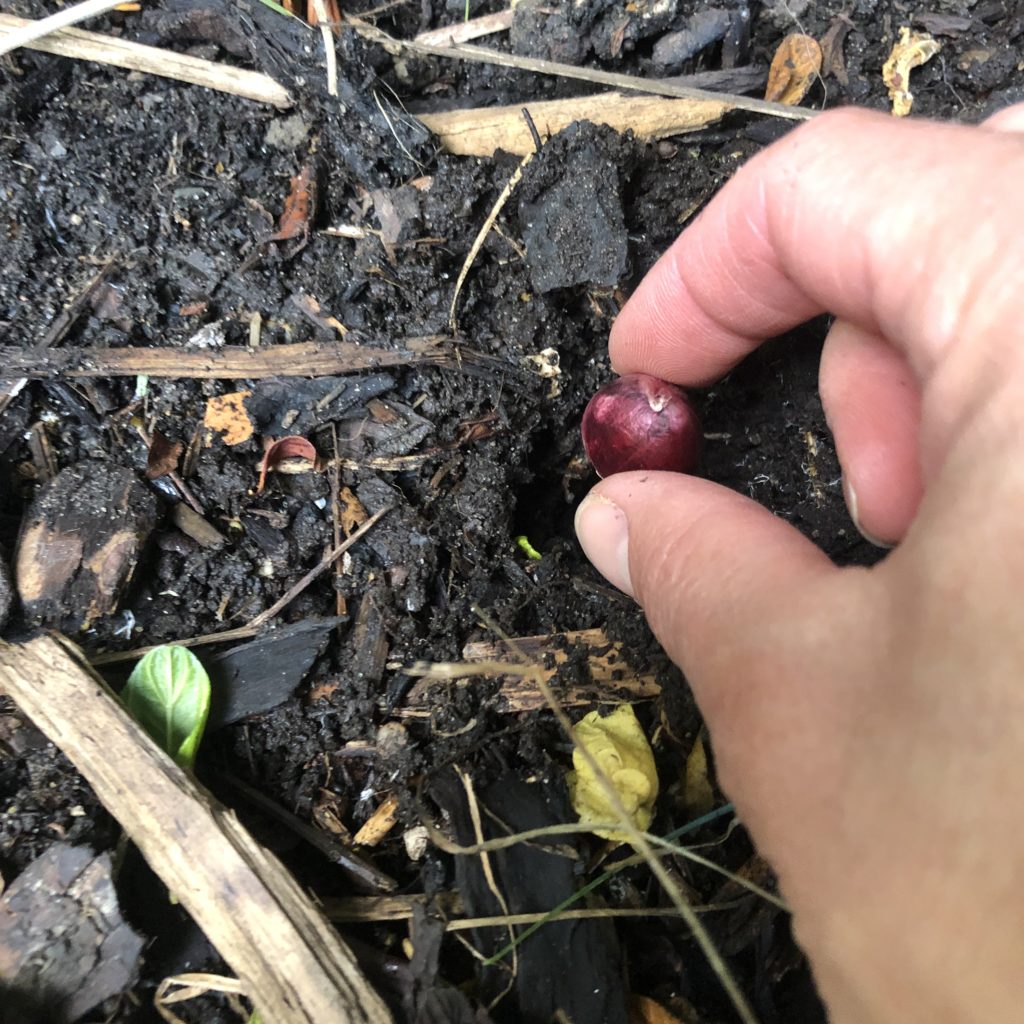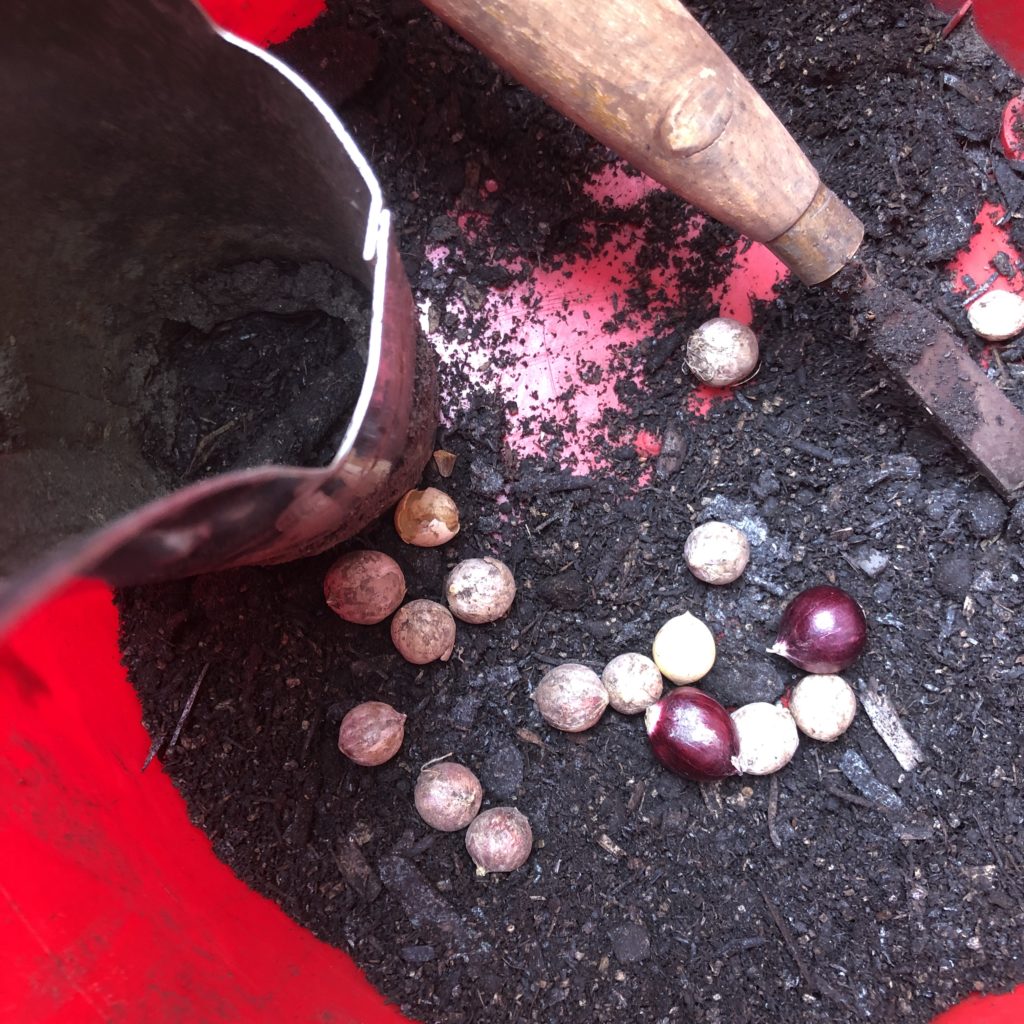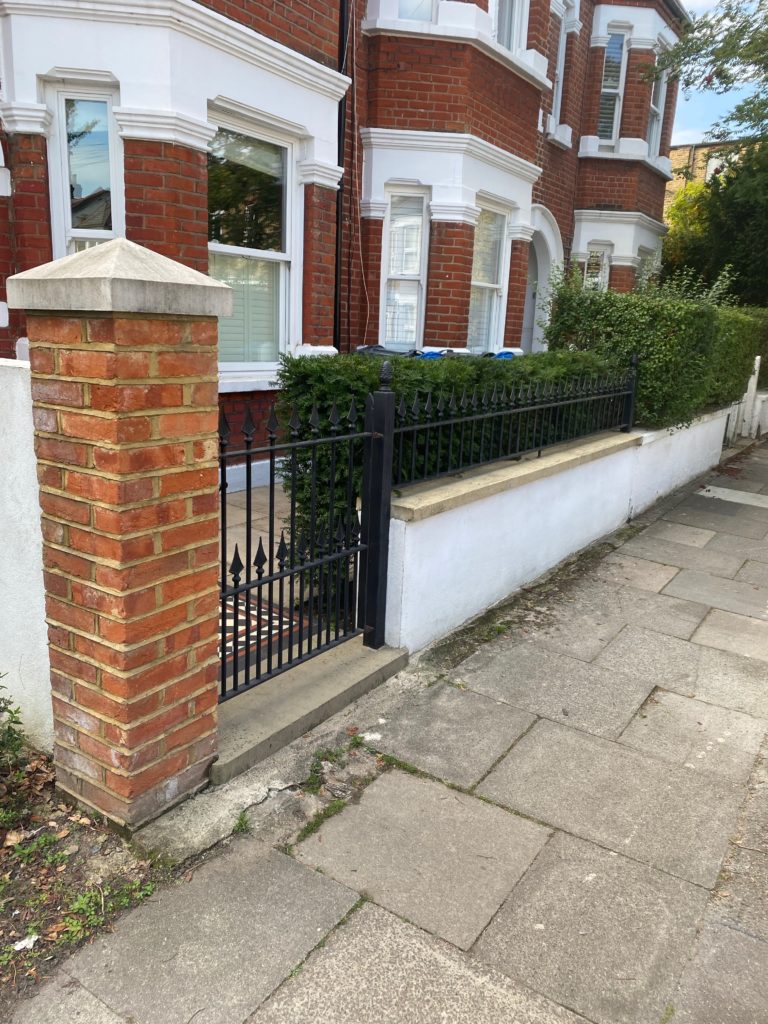
So many of the lovely Victorian houses in Balham are being returned to a modern-day version of their former glory, undergoing a whole host of restorations and improvements.
We are usually asked to restore the downtrodden (and often dug up) front gardens, something we do with great enthusiasm, skill and pride: new mosaic paths, Yorkstone porch steps, low brick walls, railings and gates – all beautifully proportioned and a fitting welcome
into the lovely living space beyond. Perhaps the biggest concession to modern times, though, is the paving that usually goes in front of the bay window. ‘Low maintenance, please’ is the main reason here, coupled with today’s added hassles of dustbins, wheelie bins and ‘somewhere to put the bikes’.
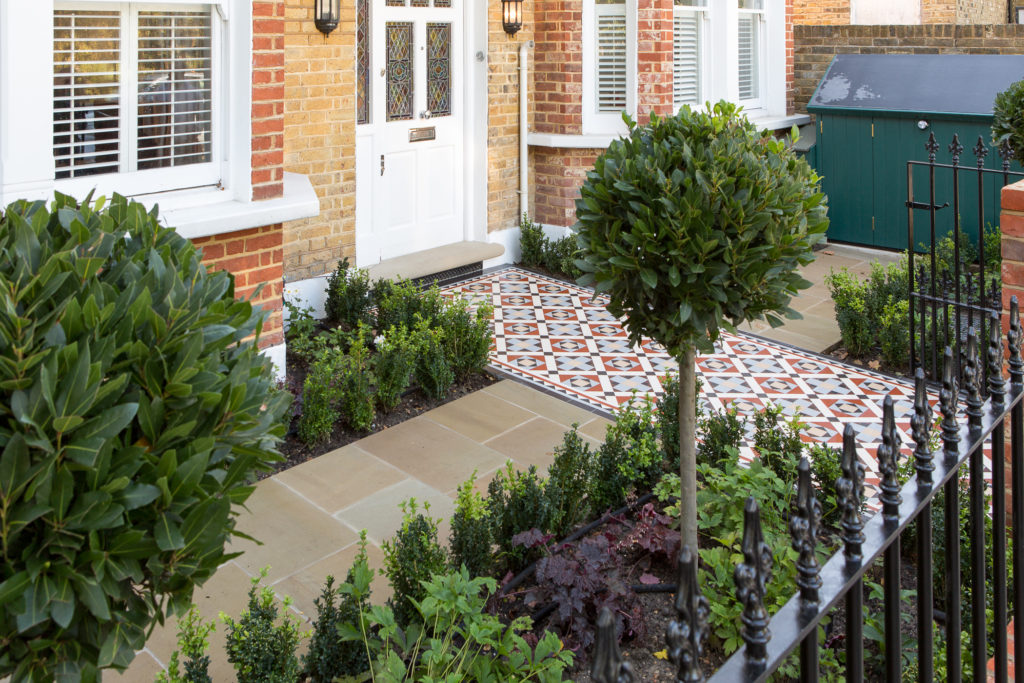
This all looks great but often, in my view, lacks a softness that is easily remedied with some planting. Furthermore all paving is proven to exacerbate flooding in urban environments. There are many, many options here including pots, shrubs, ‘lollipop’ bay trees, formal parterres (if you’ve got the space), specimen trees and loads more.
My top recommendation, though, is the much maligned and massively underrated hedge. Don’t be put off by the woody and overbearing privet relics of the past. A new evergreen hedge, like Yew, Bay, Privet or Lonicera will serve you in so many ways. Situated in the traditional strip just behind the low front wall, they bring softening greenery to your front garden combined with a high degree of privacy from passers-by.
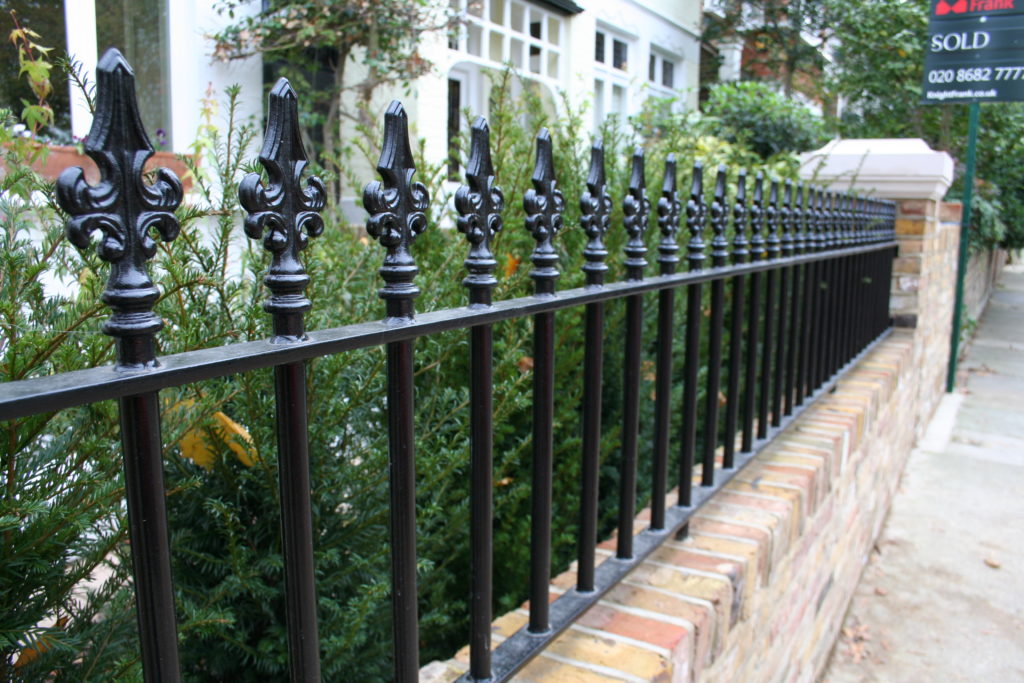
But hedges are so much more than just a lush screen. They soak up excess surface water after rainfall and masses of greenhouse carbon dioxide at night-time. Better still, research has shown that they absorb traffic noise and traffic pollution, filtering many of the harmful particulates from exhaust fumes. More hedges make for much cleaner air at home and in
the wider community.
And the low maintenance? Well, a haircut once a year, two at the most, is all they need. And if that doesn’t represent a great investment, I don’t know what does.
Chris Martin, of The London Front Garden Company Ltd
If you want to write to us and have your own blog post & thoughts placed on this website to help others, please reach out to us via our Contact Us page!


